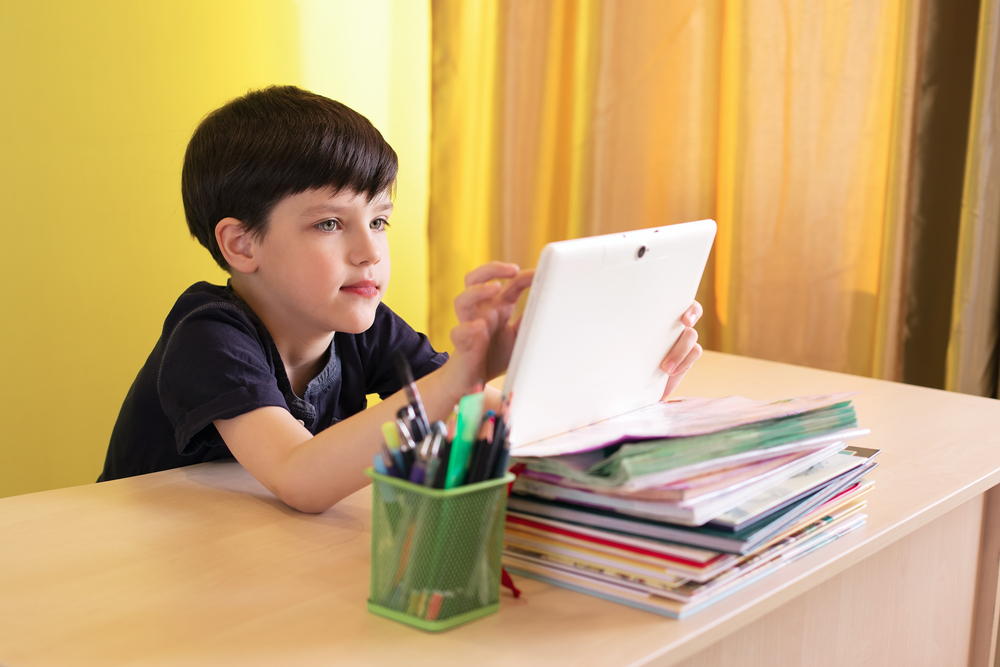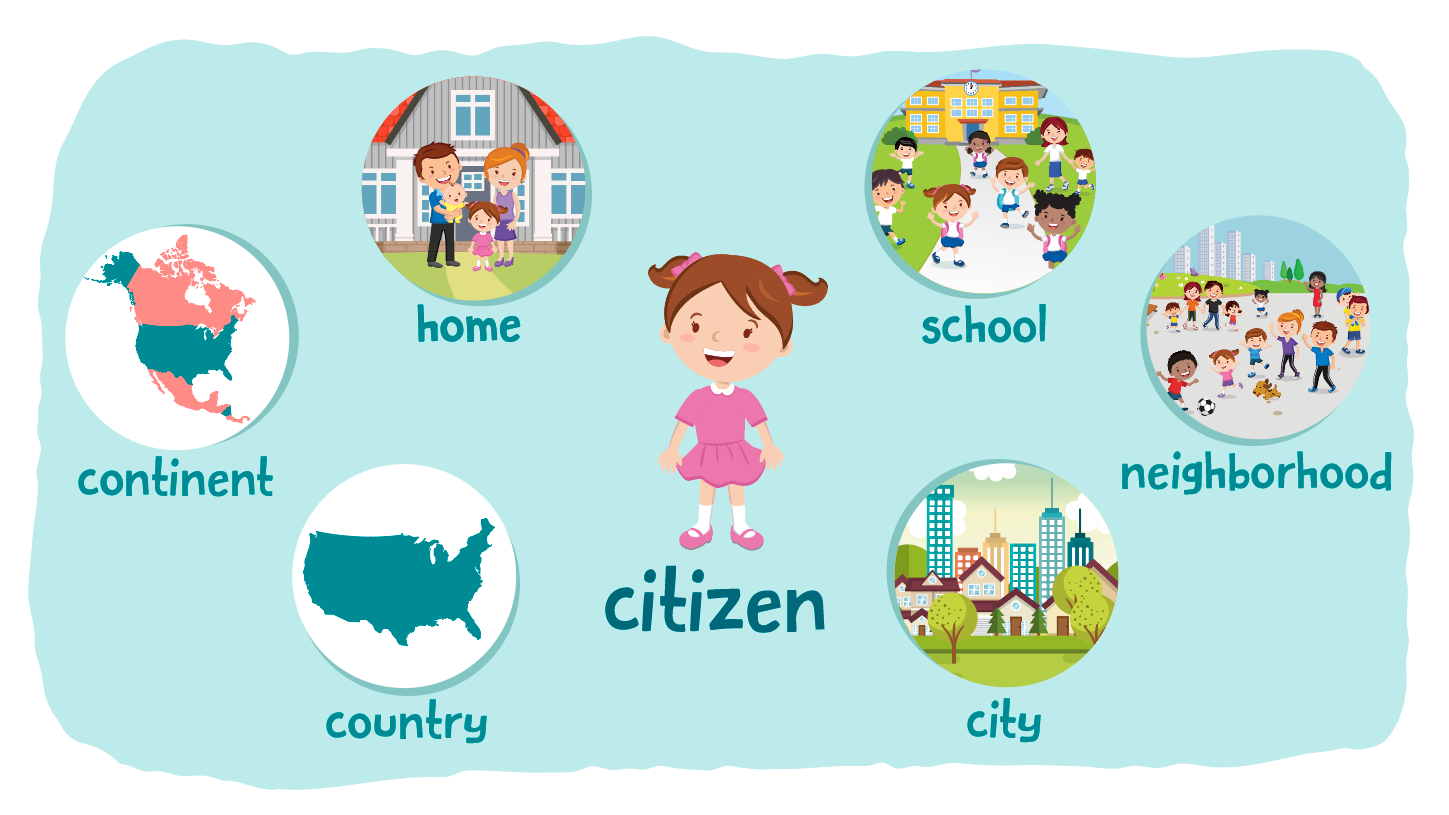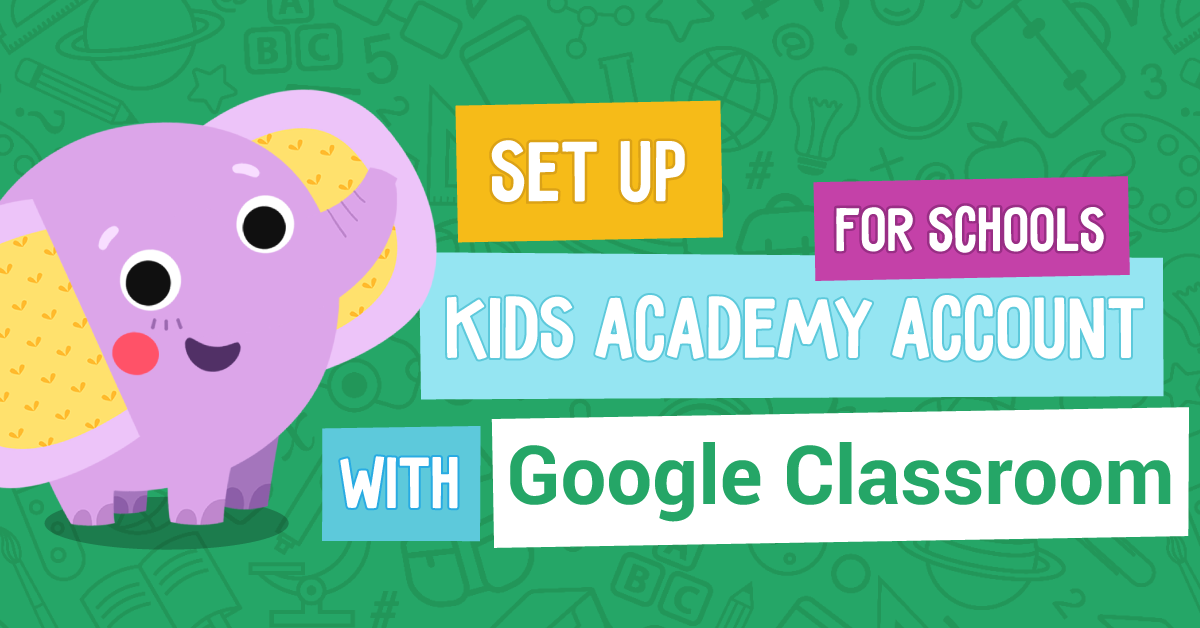Science Worksheets Activities With Answers for Ages 3-6
11 filtered results
-
From - To
Discover an engaging collection of science worksheets designed especially for kids aged 3 to 6. Our activities encourage curiosity and foster a love for science through fun, interactive learning experiences. Each worksheet is thoughtfully crafted to enhance critical thinking skills while introducing basic scientific concepts. Our resources include a variety of hands-on activities that cater to young learners’ diverse interests. Plus, with answer keys provided, it’s easy for parents and educators to track progress and offer guidance. Perfect for classroom use or at-home learning, these science worksheets are the ideal way to spark a lifetime of interest in science!


Force and Interactions: Assessment 1 Worksheet
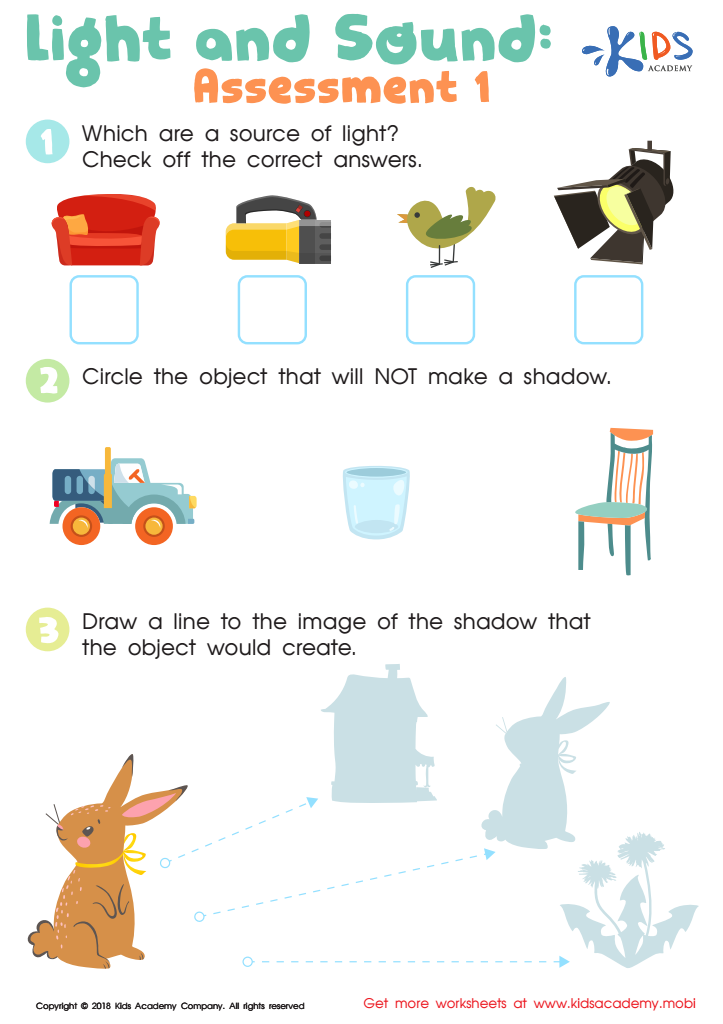

Light and Sound: Assessment 1 Worksheet


Space: Assessment 1 Worksheet
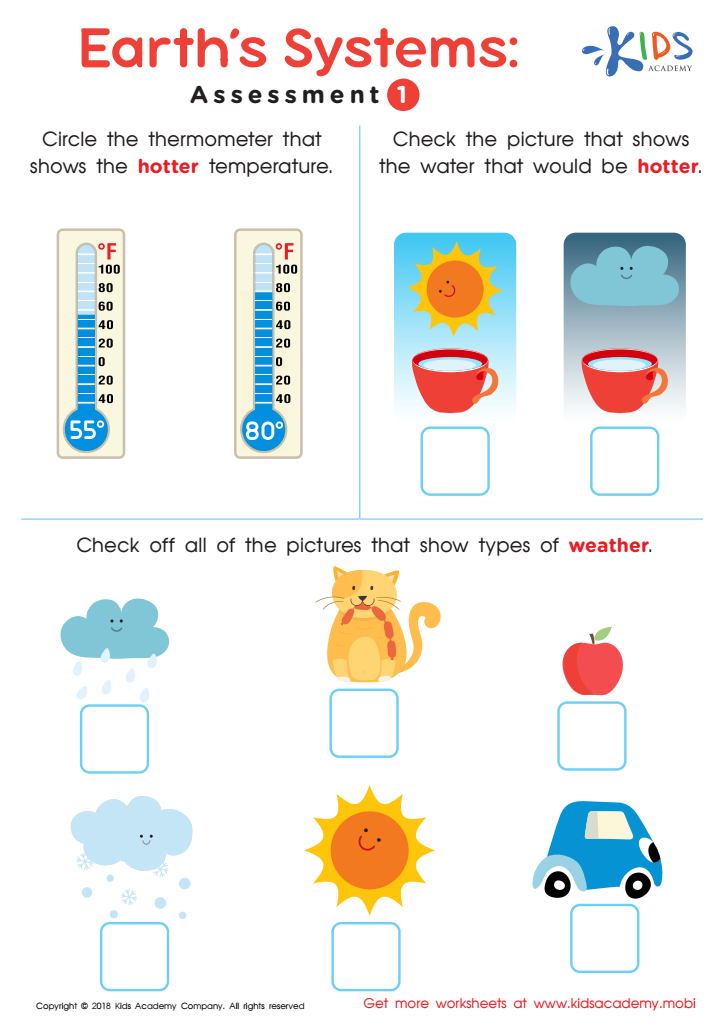

Earth's Systems: Assessment 1
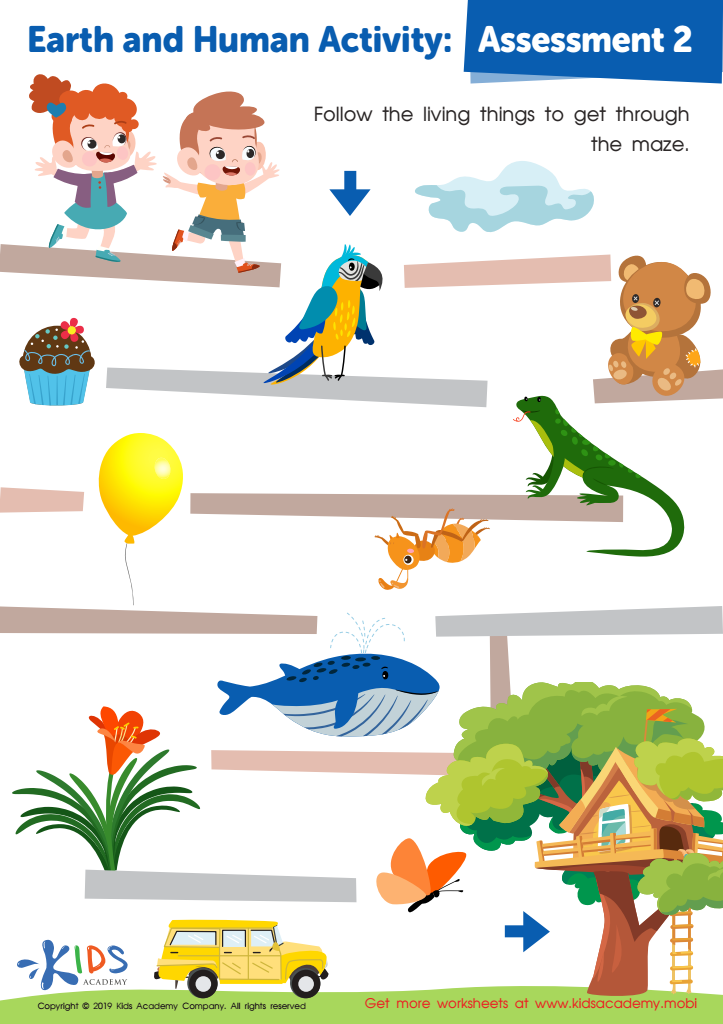

Earth and Human Activity: Assessment 2 Worksheet


Light and Sound: Assessment 2 Worksheet
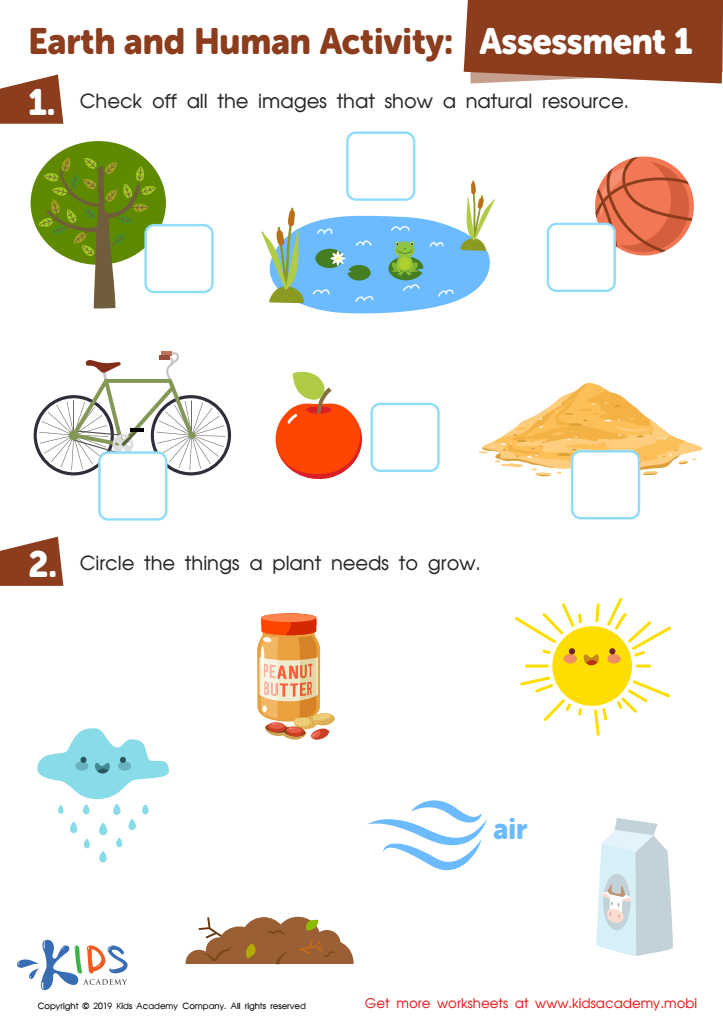

Earth and Human Activity: Assessment 1 Worksheet
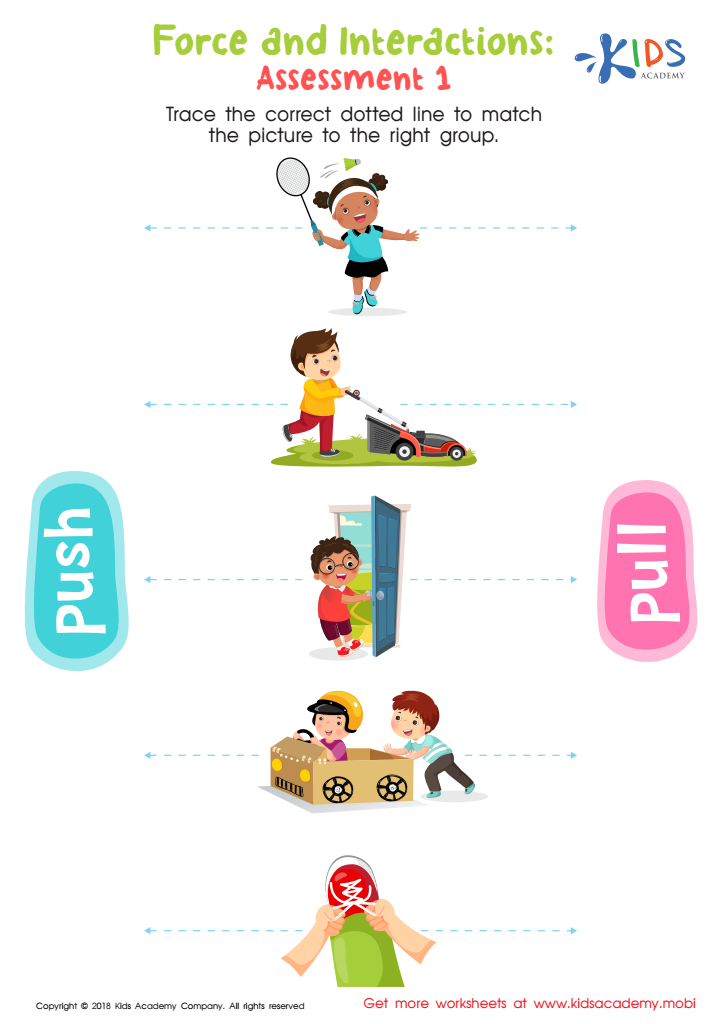

Force and Interactions: Assessment 2 Worksheet


Animals and Plants: Assessment 2 Worksheet


Space: Assessment 2 Worksheet


Animals and Plants: Assessment 1 Worksheet
Parents and teachers should prioritize science activities for children aged 3-6 because these early experiences lay the foundation for a lifelong love of learning and inquiry. Introducing young learners to science not only sparks their curiosity but also promotes critical thinking skills. At this tender age, children are naturally inquisitive, asking questions about the world around them. Engaging them in hands-on science activities allows them to explore and find answers, nurturing their ability to investigate and reason.
Furthermore, science activities help develop essential motor skills through interactive play, such as conducting simple experiments or engaging in nature exploration. These activities encourage collaboration and communication among peers, fostering social skills and teamwork.
It also promotes cognitive development; children learn to classify, observe, and connect concepts, such as cause and effect. The incorporation of answers or guided discussions helps clarify concepts, reinforcing learning and ensuring youngsters feel supported as they explore new ideas.
In today’s fast-paced, technology-driven world, instilling a sense of wonder about the scientific process in early childhood will empower future generations to think critically and creatively, essential skills in any field. Engaging in science activities creates a solid foundation for academic success and personal growth.
 Assign to My Students
Assign to My Students






